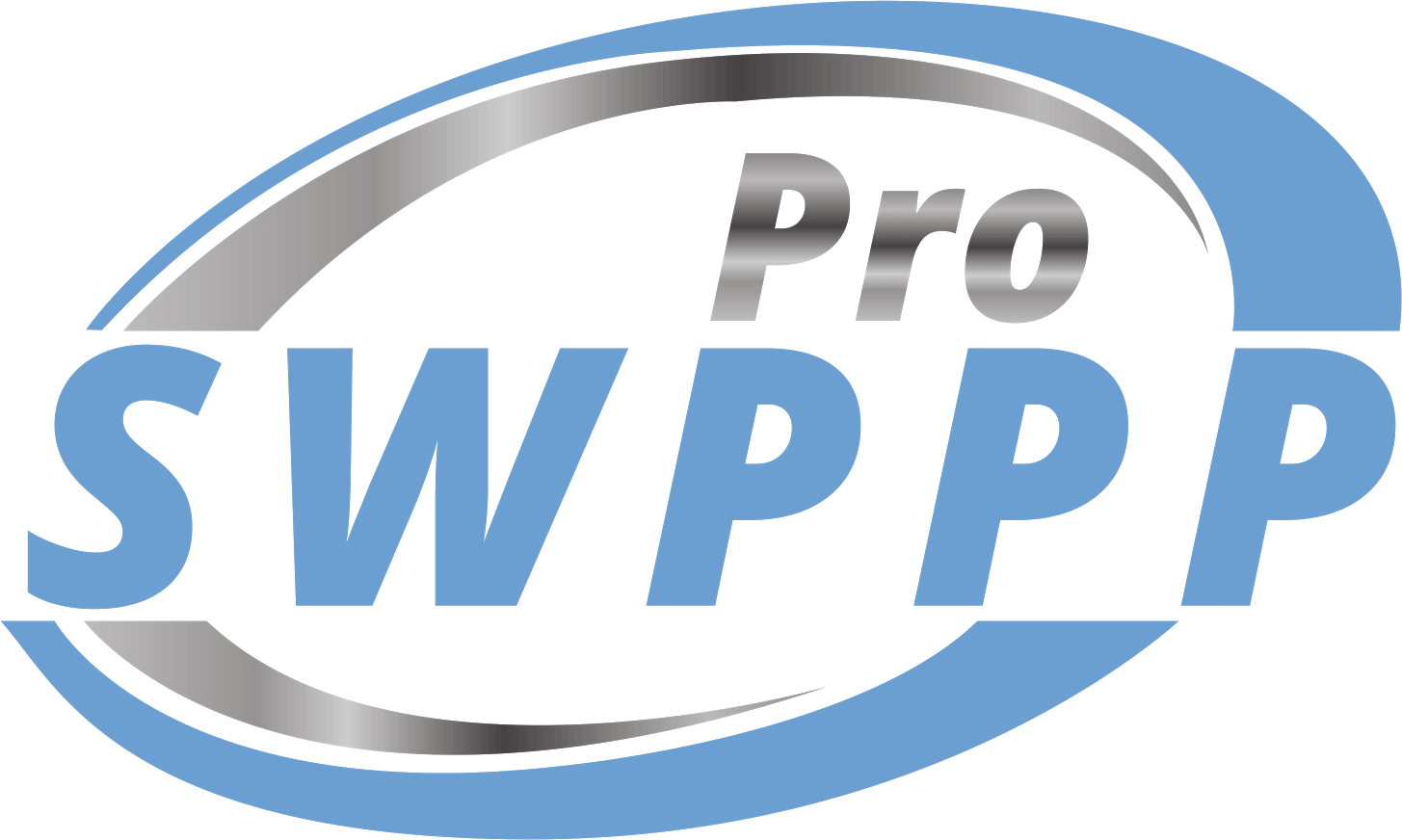Right off the bat, you need to know that the Storm Water Pollution Prevention Plan is a fundamental requirement when it comes to obtaining storm water permits. As the runoff flows over your land and other impervious surfaces, it’s inevitably going to accumulate a considerable amount of sediment, debris, and even chemicals. This, on the other hand, could significantly affect the quality of the water if the discharge is left untreated. This could lead to potentially dangerous and unsafe water for basic drinking needs, swimming, fishing or other activities of the kind. With this in mind, a proper SWPPP is going to help the construction operator to:
- Describe the practices which have to be used in order to reduce the pollutants in the storm water discharges formulated from the particular construction site.
- Help assure the mandatory compliance with the conditions and the terms of the permit when it’s fully implemented.
- Identify all of the potential pollution sources which may be considered to considerable impact the quality of the storm water discharges from the particular construction site.
With this in mind, a SWPPP is required in certain situations as it’s regulated by the Texas Commission on Environmental Quality as well as the associated federal legal provisions. These stipulations govern that a SWPPP has to be prepared for all construction sites which are engaged in grading, clearing and excavation undertakings which are capable of disturbing one or more acres of land. Even smaller sites which are part of a larger common plan of sale or development are subjected to these regulations and are obligated to prepare a plan of the kind. Furthermore, they have to obtain coverage as it’s regulated by the NPDES (Nation Pollutant Discharge Elimination System).
Different Storm water Permits
Keep in mind that you would need to check under which particular permit your site is regulated. With this in mind, there are four different permits, including the Construction General Permit which is particularly common. There are some situations in which you wouldn’t have to file a report if there is a low potential for erosion or low rainfall erosivity. In situations of the kind, you are going to be automatically authorized under this particular Construction General Permit, and you wouldn’t have to worry about the SWPPP.
In any case, staying in SWPPP Compliance is particularly important if you want to pass the inspections properly. You have to make sure that you are regulated by the proper permit by weighing in the appropriate SWPPP Requirements.

